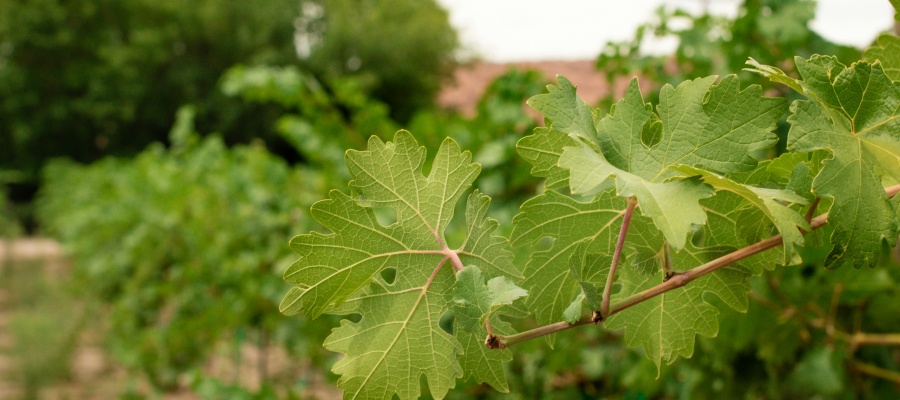At this year’s Barcelona Wine Week, Spain’s top winemakers, agronomists, and sustainability leaders came together to confront one of the greatest threats to the industry’s future: water scarcity. As Spain enters its third consecutive year of drought, vineyard owners are not only grappling with immediate crop stress but also rethinking the fundamentals of grape growing in a warming climate.
Among those leading the conversation was Diego Pinilla, chief oenologist at Raventós Codorníu, who shared insights into the effects of drought on Cava production. “The impact of the drought has been widespread, particularly in Catalonia and even across Spain,” Pinilla noted. While Raventós Codorníu has been able to maintain stable Cava supplies—thanks to 50% of its grapes coming from irrigated vineyards in Raimat—the other half, sourced from the traditionally rain-fed Penedès region, has seen reduced yields and rising grape prices.
But Cava is far from the only concern. Across Rioja and Ribera del Duero, where red wine production dominates, growers are facing one of the most difficult vintages in recent memory. Though some wineries are protected by historically high stock levels, the situation is quickly becoming unsustainable. Ángel Anocibar, head of Abadía Retuerta, called the outlook “dramatic,” pointing to a 1.8°C increase in average temperatures since 1968. This shift has pushed harvest dates earlier by nearly two months—an alarming trend for wine quality and grape balance.
As drought tightens its grip, irrigation is emerging as a potential solution—but not one without complications. Carlos Moro of Bodegas Familiares Matarromera argued that stressing vines to improve quality may no longer be viable. “To achieve the highest quality, we need greater water availability,” he said. But as Pinilla clarified, irrigation isn’t determined by a vineyard’s classification; it’s dictated by water rights and infrastructure access.
This is where government support becomes essential. Installing irrigation systems is expensive, and many growers—especially smaller producers—lack the resources to adapt. “Climate change has fundamentally altered growing conditions,” Pinilla emphasized. “We need a long-term approach supported by public investment.”
Beyond irrigation, winemakers are also adapting through varietal experimentation. “In Rioja, Graciano—a later-ripening grape—is replacing Tempranillo in some areas,” said Pinilla. In other regions like Priorat, traditional varieties such as Monastrell are being reconsidered for their resilience to heat and drought. For Cava, producers are now re-evaluating Macabeo as climatic conditions shift.
Still, meaningful adaptation requires more than just individual experimentation. Pinilla stressed the need for coordinated research between producers and academic institutions. “No single company can run enough trials alone,” he said. “We need collaboration to truly innovate.”
Looking abroad, Spain’s wine industry is drawing lessons from other arid regions. “You can’t grow vines in Argentina without irrigation,” Pinilla pointed out. “Some areas of Spain are heading in the same direction.” Strategic replanting at higher altitudes, switching to more resilient rootstocks, and refining canopy management practices are all tools now being discussed across the country.
Yet water access remains the cornerstone issue. Some critics argue that irrigation undermines sustainability, but Pinilla disagrees. “If a vineyard can’t grow grapes, it’s no longer sustainable. Sustainability must be practical,” he said. He also noted that vineyards require up to eight times less water than crops like almonds or corn—a compelling argument for supporting the wine sector.
At Raventós Codorníu, practical sustainability is already being implemented across 2,000 hectares. Gravity-fed irrigation systems eliminate the need for pumps, reducing energy use. Solar panels, biomass heating, and energy-optimized cooling systems further lower the estate’s carbon footprint. All vineyards are certified organic.
For Spain’s wine industry, the path forward won’t be easy. But it is becoming increasingly clear that the only way to ensure long-term viability is to embrace innovation, invest in infrastructure, and rethink what sustainable winemaking really means in the face of climate change.
As Pinilla concluded at the roundtable, “We need to be proactive. The way we grow grapes today will not be the way we grow them in 20 years. The challenge is significant, but so are the opportunities to innovate.”


